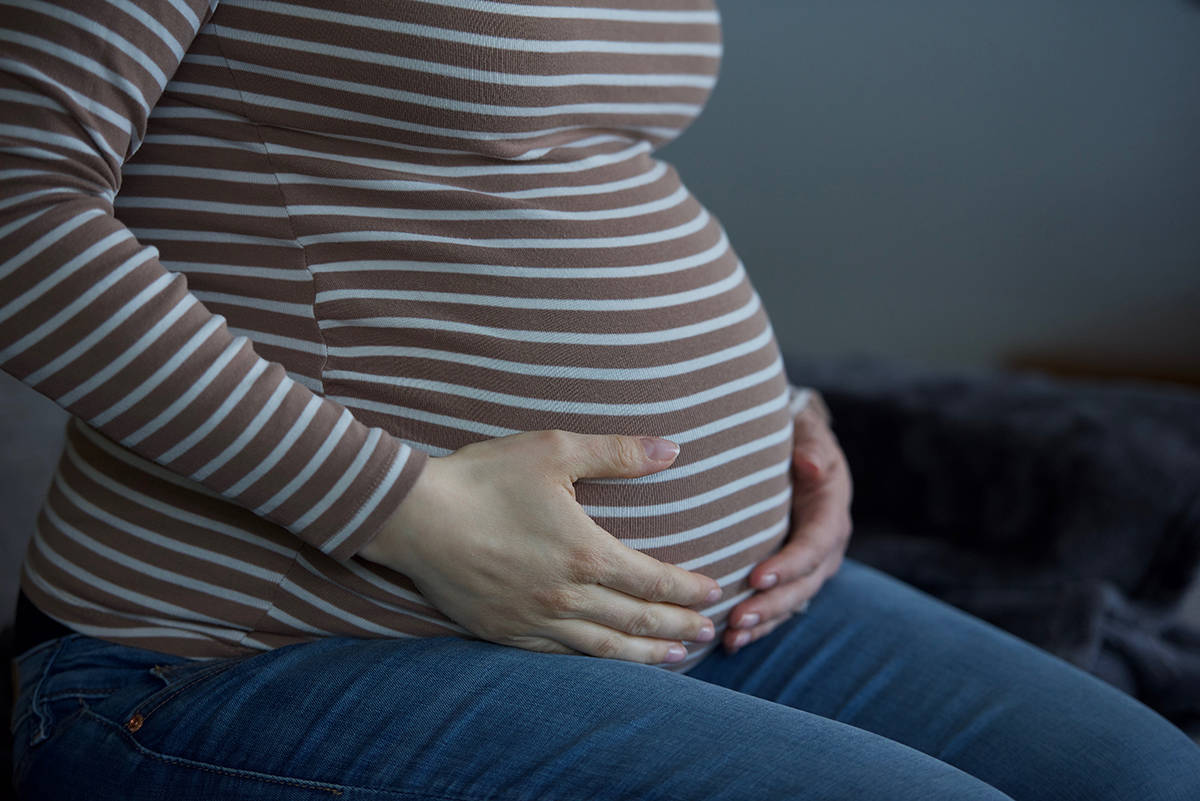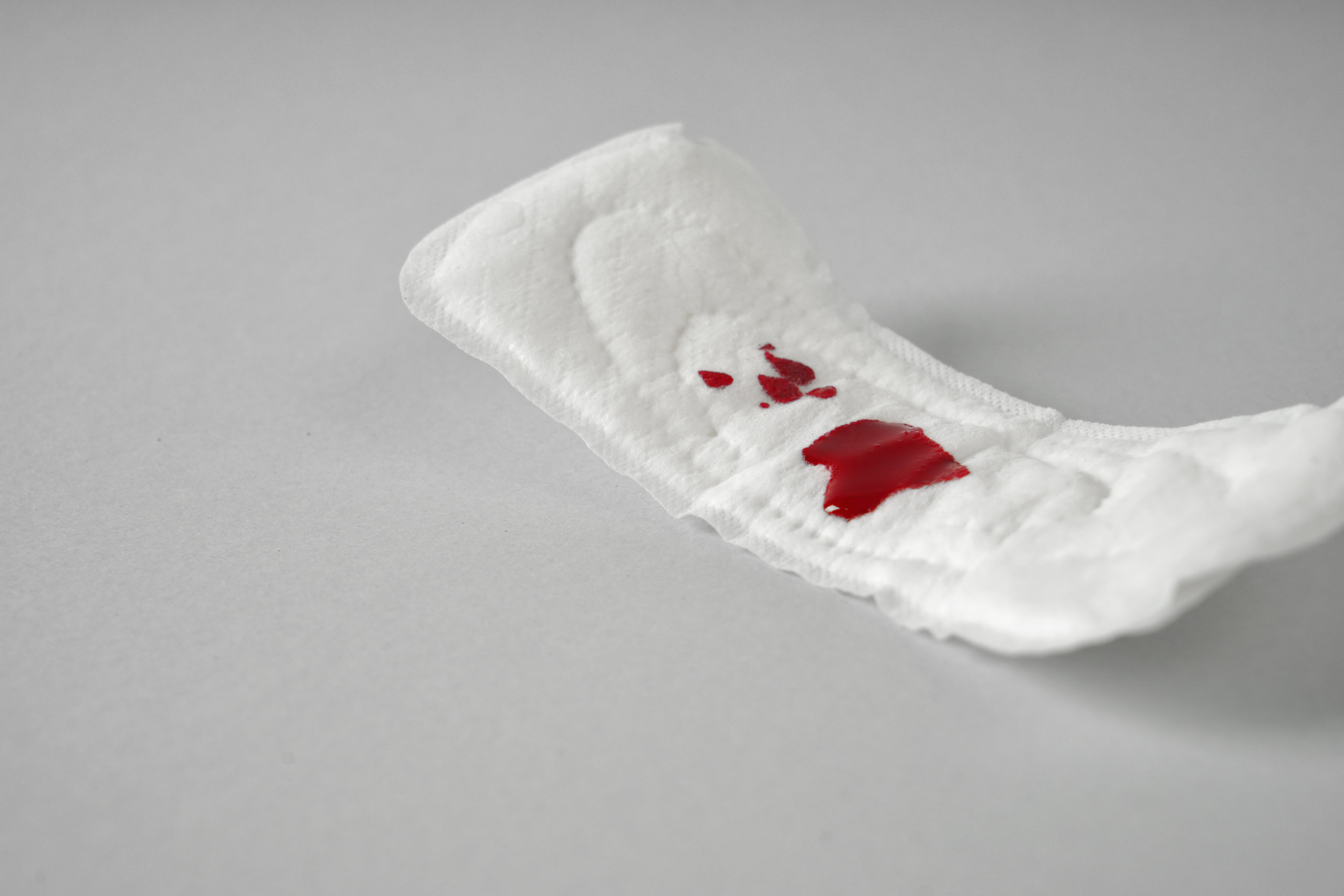How do I use the Pregnancy Due Date Calculator?
Our online pregnancy due date calculator allows you to determine how many weeks old your baby is in utero (also known as your gestational age). The easiest way to use the pregnancy due date calculator is to simply enter the first day of your last period. If you don’t know when the first day of your last menstrual period was, your baby’s age can be calculated in five different ways.
- Estimated Due Date (or EDD): If you know your baby’s expected delivery date, you can enter that day on the calculator and it will inform you of your baby’s current gestational age, the likely date of conception and other important information about your pregnancy. Important to note: PDD is not the day you’ve scheduled for delivery, the expected date of birth is the day your baby turns 40 weeks old.
- Last Menstrual Period (or LMP): The first day of your last menstruation is the most commonly used parameter to determine your baby’s gestational age. With this information, we can better understand your menstrual cycle and determine all the important milestones of your pregnancy.
- Date of a previous exam: Use this if you do not know when your last menstrual date was or when your probable delivery date is. In this instance, it is not possible to calculate using your menstrual cycle, so we’ll need to perform an ultrasound to be certain. Important to note: You should always use the first exam that was performed during this pregnancy for the calculation to be accurate; the earlier it is, the lower the margin of error for the ultrasound. If you choose to use this parameter for the calculation, you will need to enter the gestational age that was estimated on that exam, in addition to the date on which the exam was performed. For example, if you took an exam on the 10th of May, your baby’s estimated gestational age would be 8 weeks and 3 days. In this case, you should use the value of “10/05” in the “Date of a previous exam” field for the calculation, and in gestational age you must enter “8” weeks and “3” days.
- Transfer date: If you’ve gone through assisted reproductive technology cycles, you can calculate your due date more precisely using your IVF (in vitro fertilisation) transfer date.
- Conception date: If you happen to know precisely when you conceived, you can use this method to estimate your gestational age. Bear in mind that very few expectant moms know exactly when they conceived.
If the dates of your pregnancy are still causing you confusion, please consult your prenatal portfolio, where you will easily find all the information about your pregnancy. The due date based on your last period is calculated based on a normal menstrual cycle length. The average cycle length is 28 days, but can range anywhere from 24 to 38 days.
Conception usually occurs around 14 days after the first day of your last period. The due date of your baby is calculated by adding 280 days to the first day of your last menstrual period. That is because the average length of human gestation is 40 weeks (or 280 days) from the first day of your last period.
I don’t know how to calculate gestational age in weeks. Can I use months instead?
No. Technically, the “correct” way to calculate gestational age is in weeks. Using months is an inaccurate way to count your pregnancy time. Months do not have the same number of days, and while there may only be a 1-day difference from one month to the next, adding that discrepancy to a 9-10 month time span would make a considerable difference. There are many reasons to count gestational age in weeks rather than months, and we have linked two posts on the subject below:
- How is Gestational Age (Duration of Gestation) calculated?
- Gestational Age in Months
I’m still trying to get pregnant. How do I use the calculator?
In this instance, you do not need the pregnancy due date calculator, but use the Fertile Period Calculator instead. With this calculator, it is possible to determine the probable day of your ovulation based on the characteristics of your menstrual cycle. This will allow you to determine when your chances of becoming pregnant are greatest.
Reference: Calculadora de Idade Gestacional | Fetalmed



